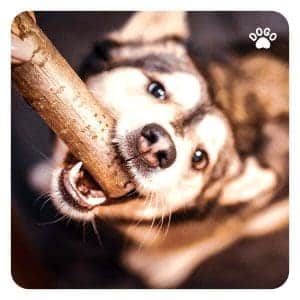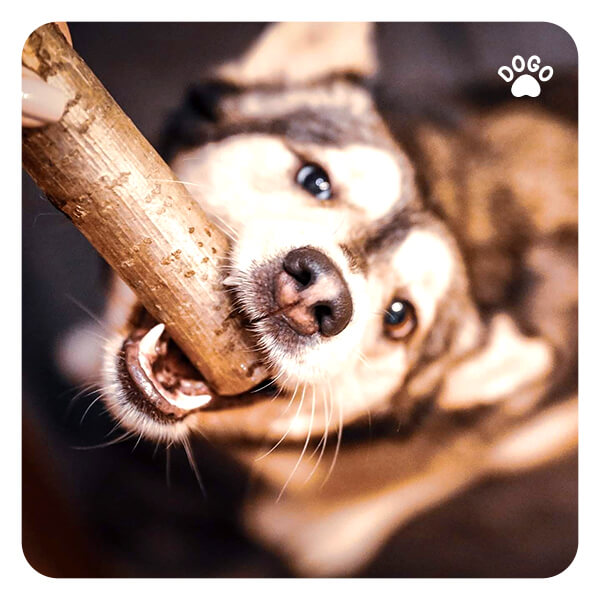 Having a new puppy is an exciting and joyful experience, but dealing with their biting behavior can be challenging. If you find yourself constantly yelping in pain as your furry friend nips at your fingers or toes, you’re not alone. Puppies explore the world with their mouths, but it’s essential to train them to stop biting to prevent future problems. In this blog post, we’ll discuss effective strategies to help your puppy learn appropriate behavior and put an end to those painful nips and bites.
Having a new puppy is an exciting and joyful experience, but dealing with their biting behavior can be challenging. If you find yourself constantly yelping in pain as your furry friend nips at your fingers or toes, you’re not alone. Puppies explore the world with their mouths, but it’s essential to train them to stop biting to prevent future problems. In this blog post, we’ll discuss effective strategies to help your puppy learn appropriate behavior and put an end to those painful nips and bites.
Understanding the Cause of Biting
First and foremost, it’s crucial to understand why puppies bite. Just like human babies, puppies use their mouths to explore the world around them. Additionally, biting is a part of their natural play behavior. Puppies often bite during playtime as a way to interact with their littermates and humans. However, if not addressed early, this behavior can become a habit that persists into adulthood. Understanding the root cause of biting is the first step to addressing and correcting this behavior.
Teaching Bite Inhibition
One of the most effective ways to stop your puppy from biting is by teaching them bite inhibition. Bite inhibition is the ability of a dog to control the force of their mouthing. Puppies learn this skill while playing with their littermates. When a puppy bites too hard during play, their littermate will yelp, signaling that the bite was too rough. This teaches the biting puppy to use a softer touch. As their human caregiver, you can mimic this behavior by yelping and withdrawing attention when your puppy bites too hard. Consistently practicing this technique will help your puppy understand the appropriate level of force during play.
Redirecting the Behavior
In addition to teaching bite inhibition, it’s essential to redirect your puppy’s biting behavior. When your puppy goes to nip at your hands or clothing, offer them an appropriate chew toy instead. This teaches them that chewing on toys is acceptable while biting humans or their clothing is not. It’s important to have a variety of chew toys available to offer your puppy when they become overly mouthy. Be patient and persistent with this method, as it may take time for your puppy to understand the difference between acceptable and unacceptable chewing behavior.
Consistency and Positive Reinforcement
Consistency is key when it comes to training your puppy to stop biting. Set clear boundaries and be consistent in your response to their biting behavior. Avoid confusing your puppy by allowing biting in some situations and not in others. Additionally, use positive reinforcement to reward good behavior. When your puppy plays gently and refrains from biting, offer praise, treats, or extra playtime as a reward. Positive reinforcement helps your puppy understand what is expected of them and encourages them to continue displaying desirable behavior.
Seeking Professional Help
If your puppy’s biting behavior persists despite your efforts, seeking professional help from a certified dog trainer or behaviorist may be necessary. A professional can provide personalized guidance and support, offering tailored strategies to address your puppy’s specific needs. Don’t hesitate to reach out for help if you find yourself struggling to curb your puppy’s biting habits.
Training a puppy to stop biting takes time, patience, and consistency. Remember that biting is a natural behavior for puppies, but with the right approach, you can guide them toward more appropriate interactions. By understanding the root cause of biting, teaching bite inhibition, redirecting the behavior, maintaining consistency, and seeking professional help when needed, you can help your puppy develop into a well-mannered and gentle companion.
Do you have a puppy that loves to bite and nip? Share your experiences and any additional tips that have helped you manage this common puppy behavior. Together, we can support each other in raising happy, well-behaved canine companions.
[/fusion_text]



